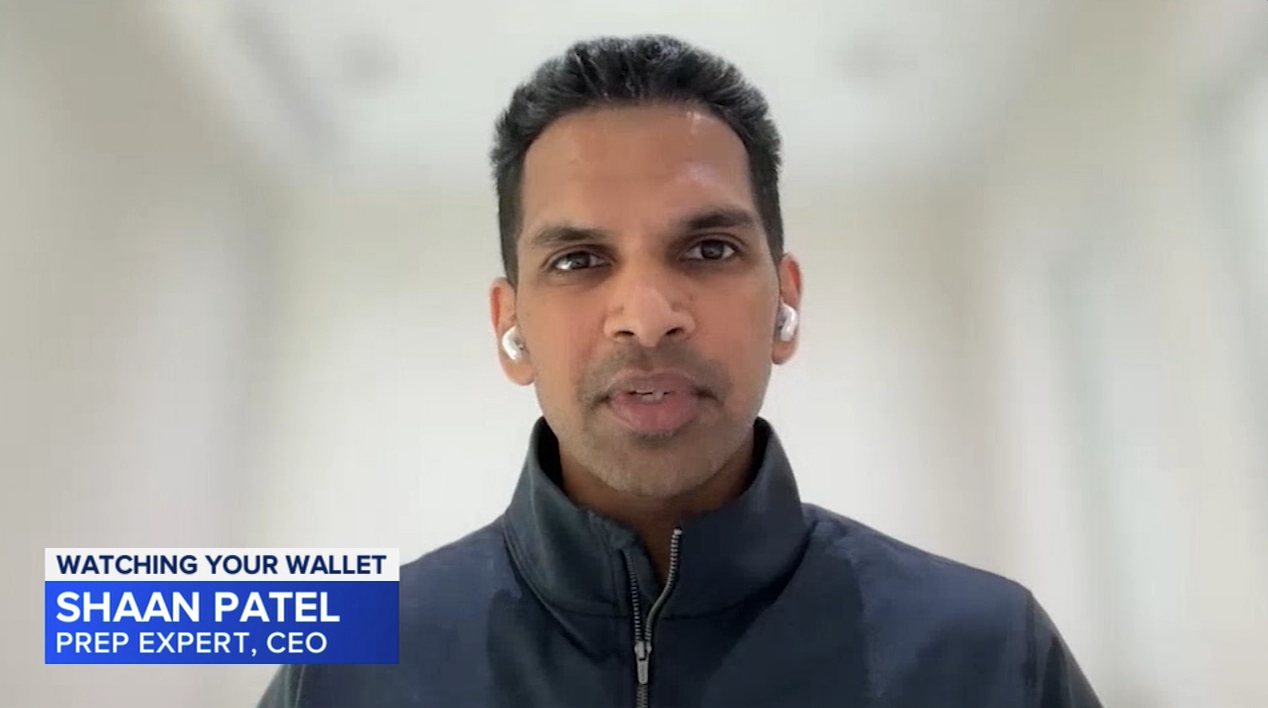SAT Strategy: Mastering the Exam

When you study for a test for school, you review material, go over your notes, practice with flashcards, and ultimately, do your best to retain knowledge and express it. That’s what taking a test is all about, right?
Well, yes, for your school exams. But when you’re taking the SAT, it’s a whole new ballgame. One of the biggest challenges students taking the SAT face is treating it like a typical academic exam. While it is true that you need a lot of background knowledge– the things you’ve been learning in school– the reality is that cramming for the SAT doesn’t help. That’s because it’s not really testing your academic knowledge. Instead, the SAT is testing your ability to solve problems, use logical reasoning, organize your knowledge, draw conclusions; essentially, it’s really testing your higher-level thinking skills and ability to reason.
With that in mind, it’s easier to understand the real purpose of the SAT, and how universities use it. Armed with this knowledge, you can develop an SAT strategy that will turn you into a top performer.
A Strategic Mindset for the SAT
Your guiding principle for SAT preparation should be strategy. Mastering the SAT requires knowledge and reasoning skills, but it also requires a plan. You need to be intimately familiar with the test, and you need to understand how you operate under time pressure. Every student deals with time pressure differently. For some students, it’s no problem. For others, they panic. And in my experience developing SAT prep materials, I’ve seen them all. Here’s a secret: you can learn pacing. Even if you’re the panicky type, just practice.
Take practice tests under the time constraints of the real SAT. Get used to the timings; even just knowing what a particular section’s timing feels like can be helpful. Time management is crucial, as the SAT’s time constraints can lead to rushed answers and careless mistakes. Pacing yourself throughout the test ensures you answer as many questions as possible within the allotted time.
Understanding The Test Structure
Another important thing to consider is the structure and format of the test itself. Here’s a quick breakdown of the modules on the SAT.
| Section | Time | Number of Questions |
| Reading and Writing | 64 minutes in 2 32-minute modules | 54 |
| Math | 70 minutes in 2 35-minute modules | 44 |
| Total | 134 minutes (2 hours and 14 minutes) | 98 |
The SAT has moved to an all-digital format, which means that you’ll be working on a computer. This means that if you’re used to something like a paper test prep book, the change in format might throw you off on test day if you haven’t at least looked at digital resources. While you can take your calculator, there is one built into the testing software that has all the functions you need.
Reading Questions: Skim and Prioritize
Each type of question of the SAT presents unique challenges, and your approach should be tailored accordingly. For the Reading questions, an effective strategy is learning to skim passages rather than read them word-for-word. This allows you to grasp the main idea without getting bogged down in details. Many questions about the Reading passages refer to specific lines, so reviewing the questions first helps you focus on the most relevant parts of the passage, saving you valuable time.
It’s also important not to get stuck on tough questions. If a question seems too difficult, it’s better to skip it and come back later if time permits. This prevents you from losing precious time on questions that might slow you down.
Writing Questions: Master Grammar Rules
The Writing questions test your knowledge of grammar and style, but the good news is that these rules are predictable. Mastering common grammar topics like subject-verb agreement, punctuation, and pronoun clarity can give you a significant edge. Approaching these questions with an editor’s mindset, where you focus on clarity and conciseness, will help you spot the correct answers quickly. These questions are less about logic and reasoning and more about knowing the rules. Practice makes perfect for these questions!
For these questions, it’s best to answer them in order as you move through the passage. Skipping around isn’t effective here since each question relates directly to a specific part of the text.
Math Section: Problem-Solving and Time Management
The Math section requires a balance of strong content knowledge and strategic problem-solving. Ensure your algebra, geometry, and basic trigonometry skills are solid, as these topics frequently appear on the SAT. In the calculator portion of the Math section, avoid relying too heavily on the calculator for basic calculations, as this can be a time sink.
One effective strategy is to tackle the easiest questions first. This allows you to quickly secure points and build confidence before attempting the more difficult problems. Remember, it’s important to manage your time well. If you get stuck on a challenging problem, move on and come back to it later if time permits.
Staying Calm and Focused on Test Day
Beyond section-specific strategies, there are universal approaches that can help you on test day. Staying calm and focused is key to performing well. Test anxiety can derail your performance, so if you start to feel overwhelmed, take a deep breath and refocus. Remember, the SAT is challenging, but with the right preparation, it’s manageable.
Using the process of elimination can also improve your odds of guessing correctly on difficult multiple-choice questions. Narrow down your choices and make an educated guess if you’re unsure. Another helpful strategy is to skip difficult questions and return to them later if time allows. The digital SAT is adaptive, but it doesn’t require you to go question by question. You can move around to any question within a module and come back to them if you still have time.
Practice, Practice, Practice
No matter how much you study, practice is the key to success on the SAT. Regularly taking full-length, timed practice tests can dramatically improve your performance. These tests help you get used to the test’s structure and pacing, which reduces anxiety and improves your confidence.
After each practice test, reviewing your mistakes is just as important as taking the test itself. Understanding why you answered a question incorrectly helps prevent you from making the same mistake again. Practice tests also help you identify your weak areas, allowing you to tailor your study sessions to those specific needs.
Work With The Experts
Test taking is a skill that any student can learn, regardless of their academic background. Even if you don’t have the best GPA, you can still surprise yourself with the strides you can make with the right test prep strategies. And it’s important to do well on the SAT– you’ll have a better shot at your dream school and you can earn guaranteed scholarships. More and more colleges are reinstating standardized testing requirements, so it’s worth the time it takes to learn how to prepare for these exams.
And the best way to do that? Take a prep course taught by SAT masters, one that offers a score improvement guarantee. With the right SAT prep course, you’ll learn how to master your reasoning, work through equations with ease, and nail the test-taking strategies you need to get the score you want. At Prep Expert®, we offer you access to elite tutors and testing skills that will help you get into the schools you want and get the scholarships you deserve. Check out our SAT course catalog and get ready to ace the SAT!
Written by Dr. Shaan Patel MD MBA
Prep Expert Founder & CEO
Shark Tank Winner, Perfect SAT Scorer, Dermatologist, & #1 Bestselling AuthorMore from Dr. Shaan Patel MD MBA

Ivy League Applications: What Sets A Student Apart
Every year, tens of thousands of students apply to Ivy League schools. Only a small fraction receive an offer of…

The Student Loan Rules Just Changed—And Most Families Aren’t Ready
By Dr. Shaan Patel, CEO & Founder of Prep Expert® Student loans have always been complicated. But starting in…

Confidence Is the Hidden Score Booster No One Talks About
Most students think SAT® and ACT® success comes down to knowing more math formulas or grammar rules. That’s only half…